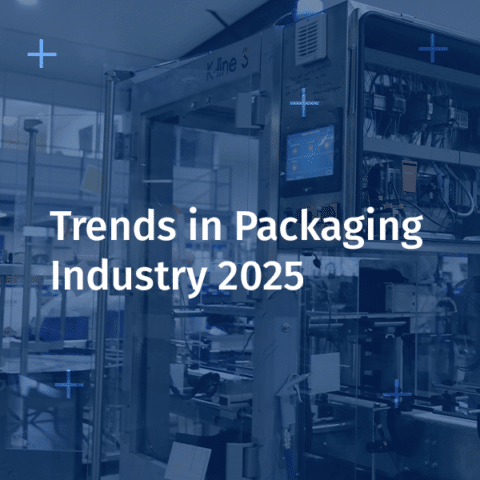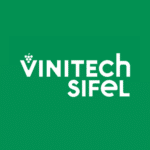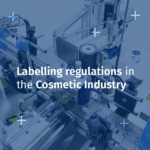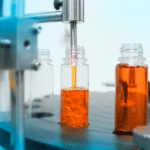The packaging industry is undergoing a rapid transformation, driven by new technologies and innovations that are shaping the future of the sector. In 2025, many trends are expected to redefine production processes and offer more efficient, eco-friendly, and customised solutions. Companies that want to remain competitive need to understand these developments and adapt their strategies accordingly.
Here are the main trends and innovations to watch in the packaging industry for 2025.
1. Automation and Robotics in Packaging
Automation is one of the most prominent trends in the packaging industry. In 2025, filling, capping, and labelling machines will become increasingly intelligent and autonomous. Thanks to AI (artificial intelligence) and advanced robotics, these machines will streamline production lines, increase speed, and reduce human errors.
Companies that adopt automated packaging technologies will improve productivity, reduce labour costs, and achieve a quicker return on investment. This will also help minimise production interruptions and maintain consistent quality levels.
2. Flexible and Modular Packaging
Consumer needs are evolving rapidly, and the packaging sector is adapting accordingly. Flexible and modular packaging is becoming a key trend. Packaging equipment capable of easily adapting to different product sizes, container shapes, and cap types offers great flexibility.
In 2025, businesses will increasingly turn to modular solutions that allow for quick adjustments according to market demands. This type of system is particularly advantageous for small and medium-sized enterprises (SMEs) that want to diversify their production without investing in multiple specific machines.
3. Sustainable and Eco-Friendly Packaging
With the rise in environmental awareness, the packaging industry is focusing on more eco-friendly solutions. In 2025, recycling and the use of sustainable materials will become essential in packaging production. Companies will need to move towards biodegradable materials, recycled packaging, and reusable solutions.
Packaging equipment will be designed to integrate these materials efficiently, without compromising on quality or effectiveness. Technologies that reduce waste throughout the production chain will also play a crucial role in optimising resource use and reducing the carbon footprint.
4. Advanced Traceability and Security Technologies
Traceability is essential in sectors like food, pharmaceuticals, and cosmetics, where product safety and regulatory compliance are paramount. In 2025, traceability and security technologies in packaging equipment will be even more advanced.
Real-time tracking systems, barcodes, and RFID technology will be integrated into packaging lines to ensure supply chain transparency and product security. This will allow companies to better manage product recalls, ensure improved quality, and respond more effectively to regulatory requirements.
5. Customisation and Smart Packaging
In 2025, customisation will be a major asset in the packaging industry. Consumers demand products that cater specifically to their needs, and packaging is a key element of this personalisation. Smart packaging technologies, such as interactive labels, connected packaging, and digital printing, will enable businesses to meet these demands.
Smart packaging can offer additional information about the product, usage instructions, customer reviews, or even special promotions through a QR code or NFC chip. This increased customisation will enhance the customer experience and open new opportunities for brands to strengthen their engagement with consumers.
Conclusion
The packaging industry is constantly evolving, and the innovations emerging for 2025 promise to revolutionise production lines. Automation, flexibility, sustainability, advanced traceability, and customisation are key elements to consider for companies that want to remain competitive.
By investing in modern packaging equipment that aligns with these upcoming trends, businesses can not only improve productivity but also meet the growing consumer expectations for quality and sustainability. To learn more about these innovative solutions and how they can transform your production line, contact CDA today.











